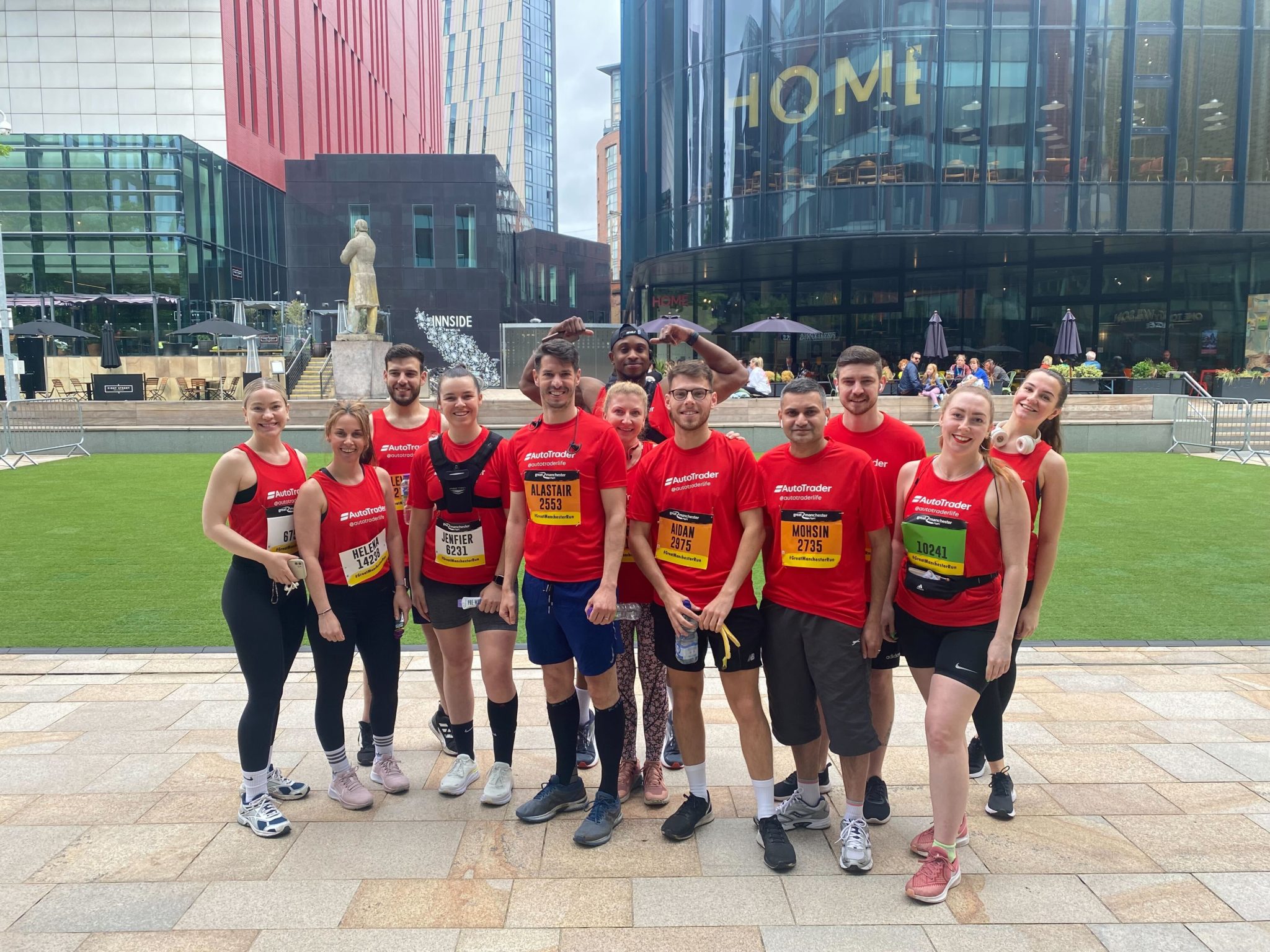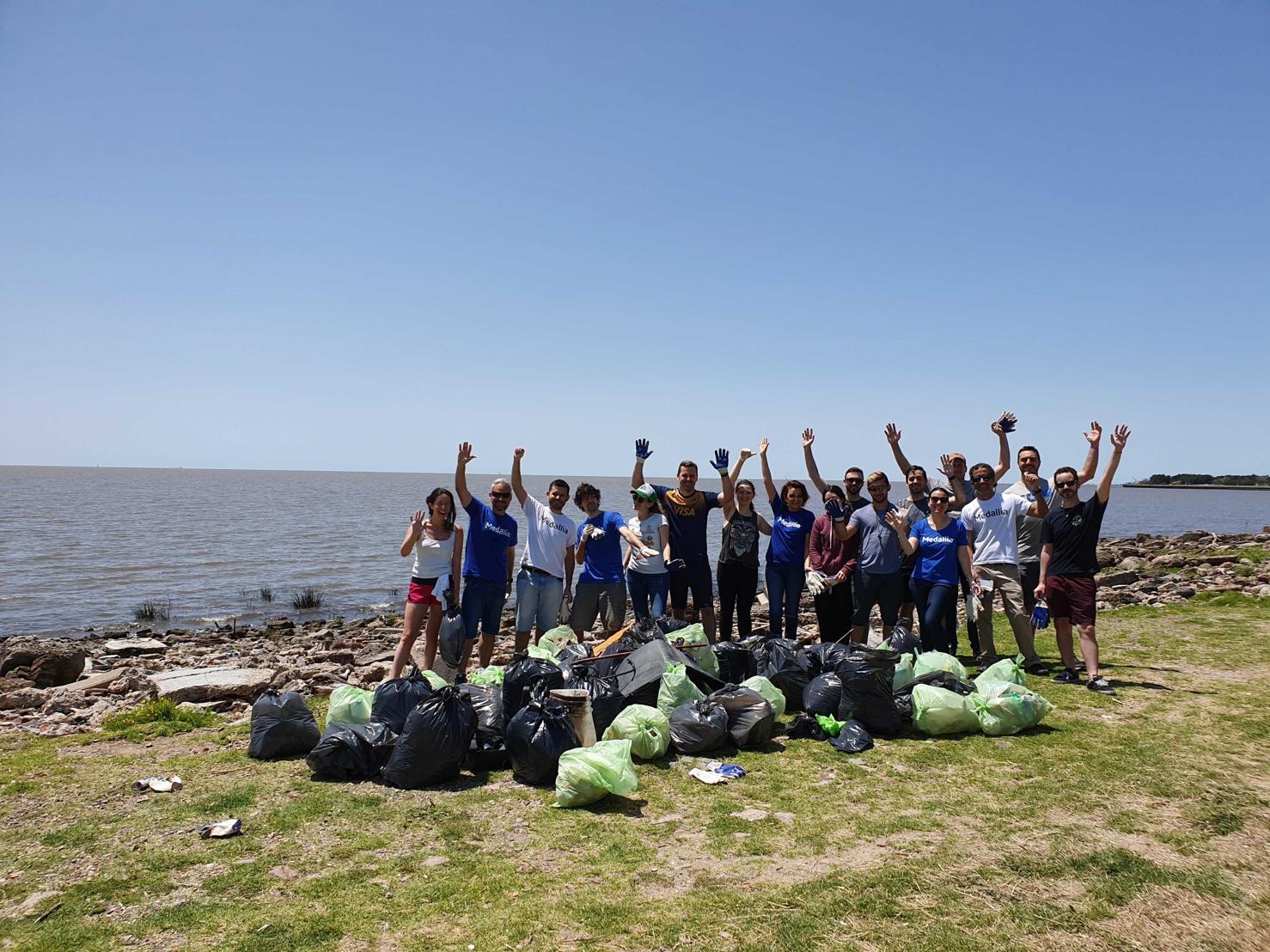All stories
Filters
- United States
- Canada
- United Kingdom
- Germany
- France
- Spain
- Australia
- Switzerland
- Giving
- Volunteering
- Micro-Actions
- Affinity Groups
- Granting
- Impact Reporting
- Construction
- Consumer Services
- Finance
- Healthcare Services
- Insurance
- Manufacturing
- Technology
- Transportation
- Energy, Utilities & Waste
- Media
- Enterprise (5000+ employees)
- Mid-market (<5000 employees)

How Howden found a nonprofit partner that checks all their boxes
Learn how Howden sourced a local nonprofit partner that resonates with their sustainability goals for a volunteering activity at a company offsite.
How Aviva Canada surpassed their employee volunteering target, logging 8,835 hours in a year
Thanks to a hugely successful Aviva Climate Day, Aviva Canada surpassed their 2022 target of 6,475 volunteer hours.

How National Australia Bank engaged employees in workplace giving and volunteering
Learn how one of Australia's largest financial institutions attracted employees to its new workplace giving and volunteering platform, reaching 60% engagement.
How Atlassian designed a skills-based volunteering programme that digs deep
Learn from Atlassian as they build a skill-based volunteering program from a pilot program and how they formalized it and made it successful.

How Medallia built an authentic culture of belonging
Learn how Medallia increased employee volunteerism by 60% and fundraising by 111%, boosting employee retention and belonging in the process.

Auto Trader offers employees localised volunteering
Learn how Auto Trader offers localised volunteering opportunities for roughly 1,000 employees across the UK

A global volunteering week that's close to the company's core mission
Learn how Glovo engaged their employees with a global volunteering week across 7 countries and 9 cities.

Lendlease maximises programme engagement with a flexible community week
Learn how Lendlease organised a community week that engaged 46% of employees and saw a £68,000 SROI.

Launching a global CSR programme that builds trust around the world
Learn how Nexthink launched a CSR programme in 7 countries and engaged 33% of employees in the first year.

How SCOR exceeded their employee engagement expectations
Learn how SCOR gets more employees involved in philanthropy through their employee purpose programme.

Engaging over half of employees in corporate purpose
Learn how Frontiers reached over 50% of their employees in 7 months.

How EHL tripled their CSR programme in one year
Learn how EHL grew their purpose programme to engage 3x more staff and students in 1 year.

How BNP Paribas boosted employee engagement with a CSR programme
Learn how BNP Paribas encourages employees to join their volunteering and giving programme




